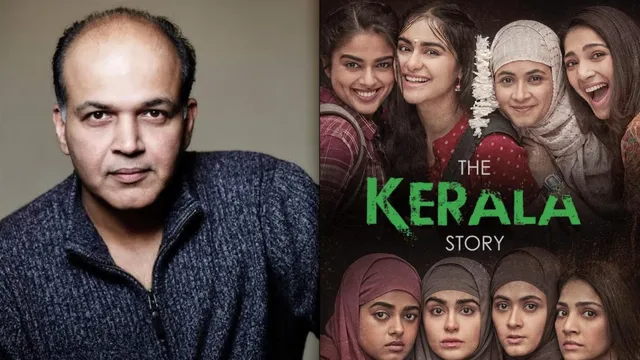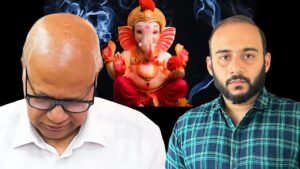Jury Head Ashutosh Gowariker Justifies Awards for The Kerala Story

New Delhi :
Ashutosh Gowariker, chairperson of the Feature Film Jury at the 71st National Film Awards, has responded to criticism over The Kerala Story receiving two prestigious honours, Best Director for Sudipto Sen and Best Cinematography for Prasantanu Mohapatra, even as the film remains embroiled in controversy.
Speaking to NDTV, Gowariker emphasised that the jury’s decision hinged on technical craftsmanship and storytelling clarity, rather than the film’s political or ideological messaging . “The cinematography in The Kerala Story was very stark and realistic,” he explained. “It didn’t ever try to overpower the narrative; the images were created within the realm of things. So, we applauded that.” Regarding the direction, he added: “It’s a difficult topic and to convey that with the kind of clarity that, as a jury, we felt the need to applaud it”.
Gowariker also affirmed that the awards were made following unanimous agreement among jury members, despite heated deliberations.
Nevertheless, the decision has drawn strong backlash. Kerala Chief Minister Pinarayi Vijayan condemned the recognition on social media, accusing the jury of legitimising “a narrative rooted in the divisive ideology of the Sangh Parivar” and endorsing “blatant misinformation” that tarnishes Kerala’s image.
Within the jury, dissenting views also emerged. Pradeep Nair, the only Malayali member on the panel, reportedly objected to the honour on grounds that the film defames Kerala and operates as propaganda. He noted that other members defended the choice, arguing that the film addressed a broader social issue, and defended it on those terms.
The film itself, directed by Sudipto Sen and produced by Vipul Amrutlal Shah, portrays the alleged recruitment of women from Kerala by the Islamic State. Its claim of around 32,000 conversions drew legal and public scrutiny. Consequently, the makers had to revise promotional content, and screenings were prohibited in states like West Bengal, while some states granted it tax exemption status. Despite the controversies, the film achieved substantial commercial success, reportedly grossing over ₹300 crore globally.
As the debate continues, the awards have reignited discussions about the role of cinema in political discourse, the limits of artistic freedom, and the responsibility of institutions to separate craft from content when recognising excellence.








